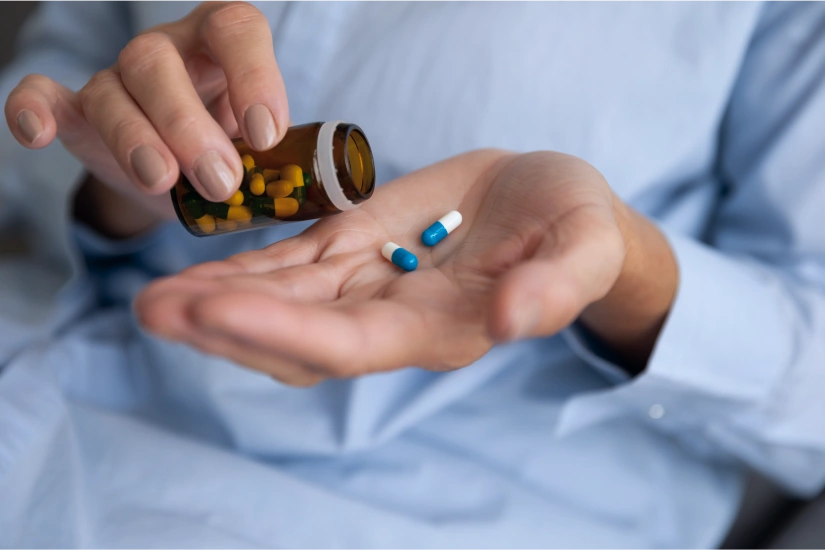24/7 Helpline:
(866) 899-221924/7 Helpline:
(866) 899-2219
Learn more about Drug Detox centers in Robstown

Other Insurance Options

Covered California

WellPoint

Regence

Private insurance

Health Partners

State Farm

Evernorth

Highmark

Oxford

Coventry Health Care

Group Health Incorporated

Meritain

Lucent

American Behavioral

Aetna

GEHA

Multiplan

Optum

Holman Group

BHS | Behavioral Health Systems

Behavioral Health Center – Outpatient
Behavioral Health Center – Outpatient is a private rehab located in Robstown, Texas. Behavioral Heal...

Behavioral Health Center – Pathways Home
Behavioral Health Center - Pathways Home offers outpatient treatment for individuals with alcohol an...

Charlie’s Place Recovery Center
Charlie’s Place Recovery Center is an alcohol and drug treatment center located in Corpus Christi, T...

Behavioral Health Center
Behavioral Health Center is a public rehab located in Corpus Christi, Texas. Behavioral Health Cente...













































AA – Alcoholics Anonymous – Pass It On
AA – Alcoholics Anonymous – Pass It On is a non-profit rehab located in Corpus Christi, Texas. AA – ...

South Texas Substance Abuse Recovery Services – Antelope Street
South Texas Substance Abuse Recovery Services – Antelope Street is a drug and alcohol rehab located ...

AA – Alcoholics Anonymous – Club Boardwalk
AA – Alcoholics Anonymous – Club Boardwalk is a non-profit rehab located in Corpus Christi, Texas. A...

Toxicology Associates
Toxicology Associates is a drug and alcohol rehab located in Corpus Christi, Texas. They provide out...

Center for Individual and Family Counseling – Corpus Christi
Family Counseling Service is a non-profit rehab located in Corpus Christi, TX. Family Counseling Ser...

Coastal Bend Outpatient
Coastal Bend Outpatient is a drug and alcohol addiction treatment center located in Corpus Christi, ...

Counseling and Recovery Services – CARS
Counseling and Recovery Services – CARS is a private rehab located in Corpus Christi, Texas. Counsel...

South Texas Substance Abuse Recovery Services – Leopard Street
South Texas Substance Abuse Recovery Services offers outpatient treatment for individuals with alcoh...

Rio Grande Valley Council
Rio Grande Valley Council is a private rehab located in Corpus Christi, Texas. Rio Grande Valley Cou...

Treatment Associates
Treatment Associates is a private rehab located in Corpus Christi, Texas. Treatment Associates speci...

Council on Alcohol and Drug Abuse – Coastal Bend
Council on Alcohol and Drug Abuse – Coastal Bend is a drug and alcohol rehab located in Corpus Chris...

AA – Alcoholics Anonymous – Humility Group
AA – Alcoholics Anonymous – Humility Group is a non-profit rehab located in Corpus Christi, Texas. A...

New Phoenix Group
New Phoenix Group is a non-profit rehab located in Corpus Christi, Texas. New Phoenix Group speciali...

AA – Alcoholics Anonymous
AA – Alcoholics Anonymous is a non-profit rehab located in Corpus Christi, Texas. AA – Alcoholics An...

Anchor Club
Anchor Club is a non-profit rehab located in Corpus Christi, Texas. Anchor Club specializes in the t...

Behavioral Health Center – Mental Health
Behavioral Health Center – Mental Health is a public rehab located in Corpus Christi, Texas. Behavio...




















































